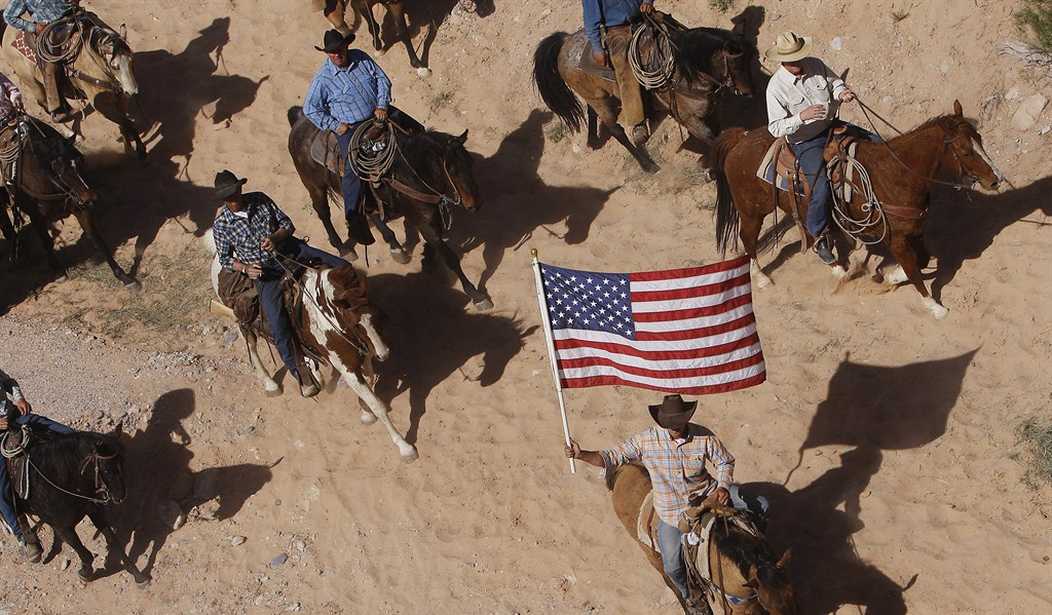Thirty years ago Congress passed protective measures regarding pornography. On May 21, 1984, President Ronald Reagan signed into law the Child Protection Act, which was supposed to protect persons younger than 18 from exploitation by pornographers. (Other measures were designed to keep those under 18 from accessing pornography.) Two months later President Reagan signed into law the National Minimum Drinking Age Act, designed to keep persons below age 21 from purchasing alcoholic beverages.
Now, visualize this scene: Herbie, 13, walks into his local tavern and asks for a vodka martini—shaken, not stirred. Tex the barkeep asks, “Are you at least 21 years old?” Herbie says, “Sure.” Tex serves him. As he sips, Herbie pulls out his iPhone and watches a pornographic scene. I suspect most of you know what’s wrong with that picture: In all 50 states Herbie would not get his martini. Tex or anyone else would card him, demanding a driver’s license or other official proof that Herbie is at least 21. But the porn? No one would interfere.
The poet Ogden Nash (1902-1971) wrote, “Candy is dandy but liquor is quicker.” Today, I’d add another line with a different rhyme scheme: “Porn’s even faster but it leaves you forlorn.” I won’t go into detail here, but relatively few porn sites electronically card users. Some require use of a credit card to access much of their content, but even they are like bars at which persons of any age can get drunk.
And yet, pornography is a huge problem not only among adults but among children and teenagers as well. If you’re sending your very well-mannered children to college and the dorm Wi-Fi has no filtering mechanism, they are likely to be exposed early and often to hard-core porn—and some become addicted. Even if it does have a filter, your son and perhaps your daughter will probably see porn at some point.
Why the difference between alcohol and pornography, both products that sideswipe many teens? Thirty years ago President Reagan at the signing ceremony said he would appoint a commission to investigate pornography, and he did. Attorney General Ed Meese headed it up, citizens including James Dobson served on it—and the press ridiculed its serious conclusions. The U.S. Supreme Court also failed to take pornography seriously enough to change the almost-anything-goes attitude it had pioneered during the 1960s.
Recommended
Now, as the group Enough Is Enough reports, porn makes up more than one-third of the internet industry and earns its purveyors more than $3,000 per second. Porn sites get more visitors each month than Twitter, Netflix, and Amazon combined. Most teens view pornography online, and one survey of 16- to 20-year-olds found nearly one out of four young men and one out of 10 young women admitting they tried to kick the habit but could not. Many young men expect dates and wives to perform as do actresses in the 11,000 porn films shot each year.
Need other dire stats? Witherspoon Institute conference research (proceedings published as “The Social Costs of Pornography”) showed that two-thirds of 18-to-34-year-old men visit porn sites regularly. (My hunch is that many of them go to church less often in part because they marry less often, and they marry less often in part because they access pornography more often.) Many men find it harder to relate to real women. Most divorces involve one partner compulsively using pornography.
Does this evidence mean legislators should act? Here’s the problem: A push to restrict pornography can play into the hands of those who hate Christian truth-telling. Now that influential atheists and secularists hope to restrict evangelistic efforts, our legal protection is the First Amendment proclamation of freedom for religion, speech, and the press—but since pornographers also rely on that amendment (as mistakenly interpreted), limits on it will rain on the innocent as well as the guilty.
A hard truth: Christians are a minority in America, and minorities should oppose increases in majoritarian power. A hard question: If we now should be quiescent on one issue to lessen the likelihood of a spillover to another, what hope do we have for constructive change? Not much, except what Christians have learned throughout the ages: Our hope is in the Lord, the maker of heaven and earth. He changes hearts and viewing patterns.

























Join the conversation as a VIP Member